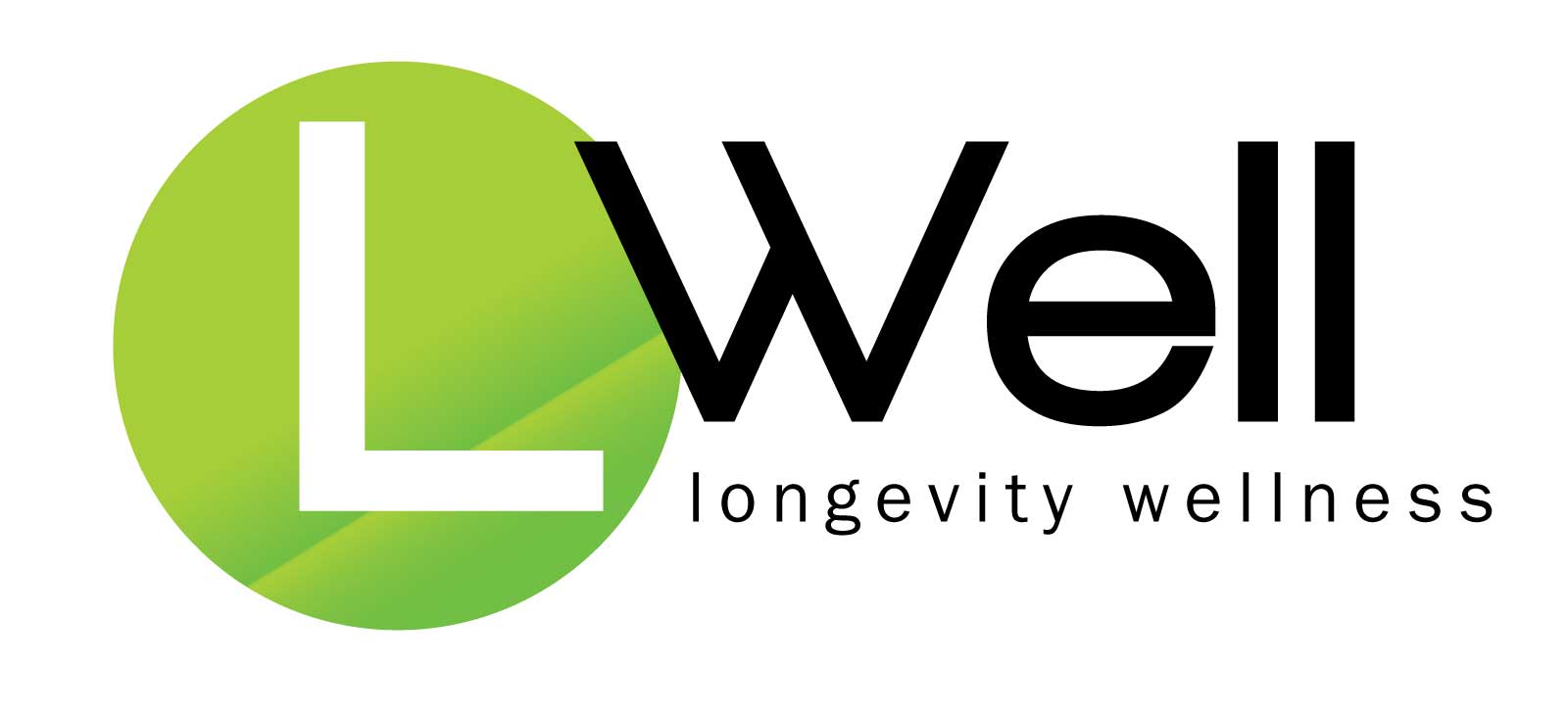Energy and Aging
Do you struggle with fatigue? A lack of energy (and accelerated aging) can result from a few different factors. The primary driver of fatigue is inflammation, and it mainly comes from mitochondria damage. Mitochondria damage is when the cells do not have enough energy—the unused oxygen and fuel molecules build up in the cells and cause damage. It’s common for people to snack too much and not move around enough, which can cause a lack of blood flow and ultimately fatigue. Consuming too many foods that are highly processed and high in fructose can also rob you of energy.
Kathryn Langbehn, a Registered Dietitian Nutritionist at LWell, believes fasting and regular exercise can help build your metabolic flexibility and therefore increase your energy levels. Fasting for 10-12 hours can help to reset your body and burn fat as fuel, which helps build metabolic flexibility. Fasted state exercise, where you don’t eat before a workout, can also help to increase your metabolic flexibility and up energy levels. A healthy diet and getting the nutrients your body needs can help increase energy and slow down the aging process. Some foods that can help boost your energy are fruits that are in season, cruciferous vegetables, yams, millet, nuts, mushrooms, and red/black rice.
LWell’s elite team of Registered Dietitian Nutritionists, Health Coaches, and other health care providers offer custom wellness programs for increased energy, less inflammation and improved sleep. Check out our programs here and download the free LWell App.
This article was adapted from the LWell Program of Excellence “Energy and Aging” recorded live on 3/1/22.
Ready to Get Started!
Connect with a Coach
LWell’s Certified Health Coaches are here for you.
Set Your Goals
And get the support you need to succeed.
Change Your Mindset
It’s time to think about weight loss differently.
Reimagine Your Health
Heal your relationship with food at last.
Fitness Plans
Tailored programs to fit your lifestyle.
Expert Insights
Understand why you’ve struggled to lose weight.
Quit the “Diet Game”
We’re talking about permanent lifestyle change.
Tools for Success
Apps to help you stay motivated.
Is this test right for me?
To determine if a GI map is right for you, consider your symptoms, medical history, and treatment goals. If you're experiencing persistent gastrointestinal issues, unexplained symptoms, or have a family history of digestive disorders, discussing GI mapping with an LWell provider may provide valuable insights. Consulting with LWell can help assess whether the test aligns with your healthcare needs and goals, guiding you in making an informed decision about whether to pursue GI mapping as part of your diagnostic and treatment journey.
How accurate is this test?
GI mapping tests utilize advanced molecular techniques to analyze the composition and function of the gut microbiome, providing detailed insights into microbial diversity, imbalances, and potential markers of gut health and disease.
Sample required
The Gastrointestinal Microbial Assay Plus (GI-MAP™) is an innovative
clinical tool that measures gastrointestinal microbiota DNA from a single
stool sample with state of the art, quantitative polymerase chain reaction
(qPCR or real-time PCR) technology.
Get on Track
Call to schedule your appointment with an LWell dietitian and get on track to better health.
(833) 516-0454
Williamsburg, VA 23185

